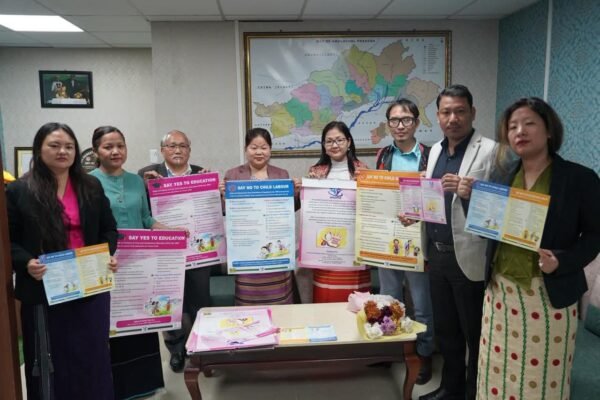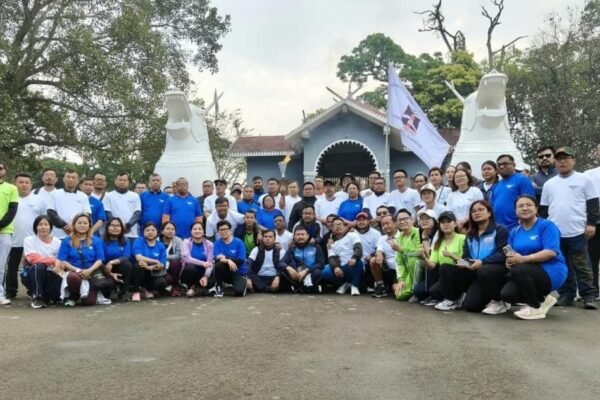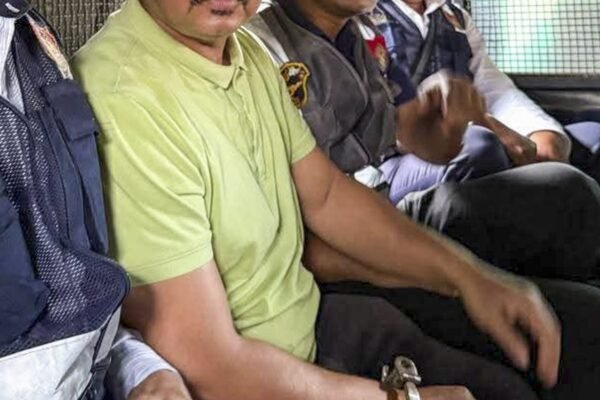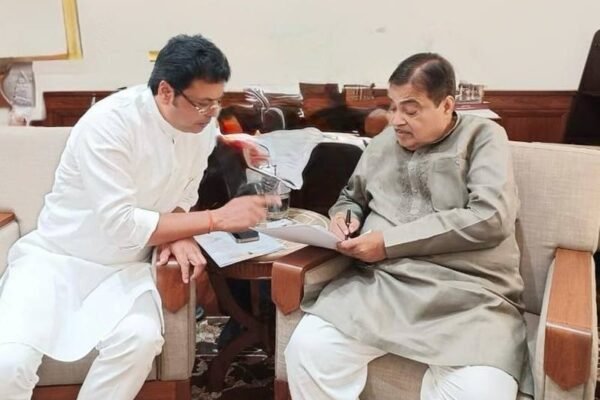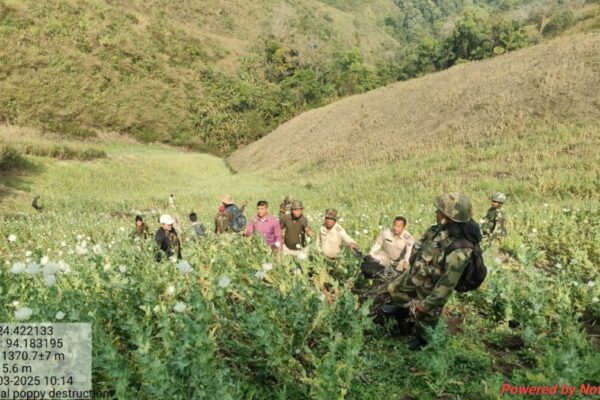Agartala, January 10, 2025: Child marriage continues to be a significant concern in India, with Tripura ranking third among states with the highest prevalence of the practice. According to the latest National Family Health Survey (NFHS 5.0), 40.1% of marriages in Tripura involve girls below the legal age of 18, said Dhalai district’s DM Saju Vaheed A on Friday.
Speaking at a forum organized by the National Law University at the Tripura Judicial Academy, the District Magistrate (DM) of Dhalai district Vaheed, highlighted the persistent challenge of child marriage in Tripura and shared his experiences from his tenure in South Tripura.
“For the past year, I have been working on addressing child marriage in Dhalai district. Despite my efforts, I have faced challenges in implementing initiatives here as effectively as I did in South Tripura,” said Vaheed. Reflecting on his tenure in South Tripura, he noted, “We managed to stop 210 child marriages during my tenure there. I have come to know that till date, the total stands at approximately 540, which is immensely gratifying.”
Citing the latest NFHS 5.0 report, Vaheed revealed alarming statistics. “Tripura records a shocking 40.1% of child marriages, ranking third in the country, following Bihar at 40.8% and West Bengal at 41.6%. This is well above the national average of 23.3%. Among northeastern states, Tripura’s figure is the highest, with Assam trailing at 31.8%, Mizoram reports 8%, Manipur 16%, Nagaland 5.6%, Sikkim 10.8%, and Meghalaya 16.9%. Nationally, the percentage of child marriages stands at 23.3%.”
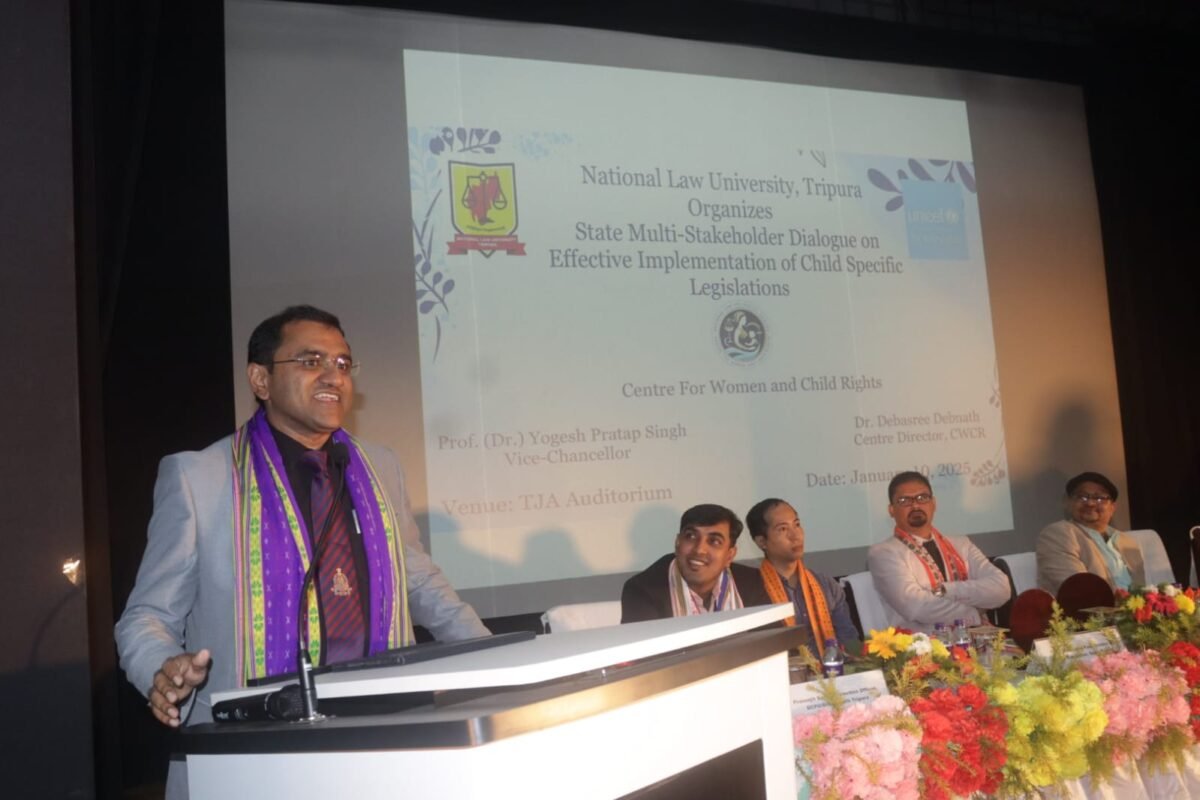
He emphasized the societal normalization of child marriage in Tripura, recounting a recent incident shared in the ‘Balika Manch’ WhatsApp group, where a 13-year-old girl was reported pregnant. “Marriages of 12- and 13-year-old girls are distressingly common in Tripura. Even urban areas are not immune; I found a 12-year-old married near my office in South Tripura.”
Vaheed criticized the lack of effective fieldwork despite numerous awareness programs. “Child marriage persists despite laws, schemes, and initiatives like ‘Child Friendly Panchayats’. The issue is deeply rooted in culture and traditions, but laws can and should be used to bring about change, as Raja Rammohan Roy demonstrated with Sati abolition.”
He also highlighted the transformative example of Kerala, which once grappled with severe socio-economic issues but emerged as a model state. “Swami Vivekananda once referred to Kerala as a madhouse, but today it is a symbol of progress. This proves that societal reform is possible with the right approach.”
Vaheed concluded by emphasizing the collective responsibility of society to tackle child marriage. “Adolescent training and awareness are crucial. Each one of us has a role to play in ensuring a better future for our children.”
The insights shared by the DM shed light on the urgent need for cohesive efforts to combat child marriage, not only in Tripura but across India.
In this event, DM Vaheed was accompanied by Vice-Chancellor of NLU, Tripura, Prof Dr Yogesh Pratap Singh; Assistant Professor and Centre Director of the Centre for Women and Child Rights Debasree Debnath, and others were present.

